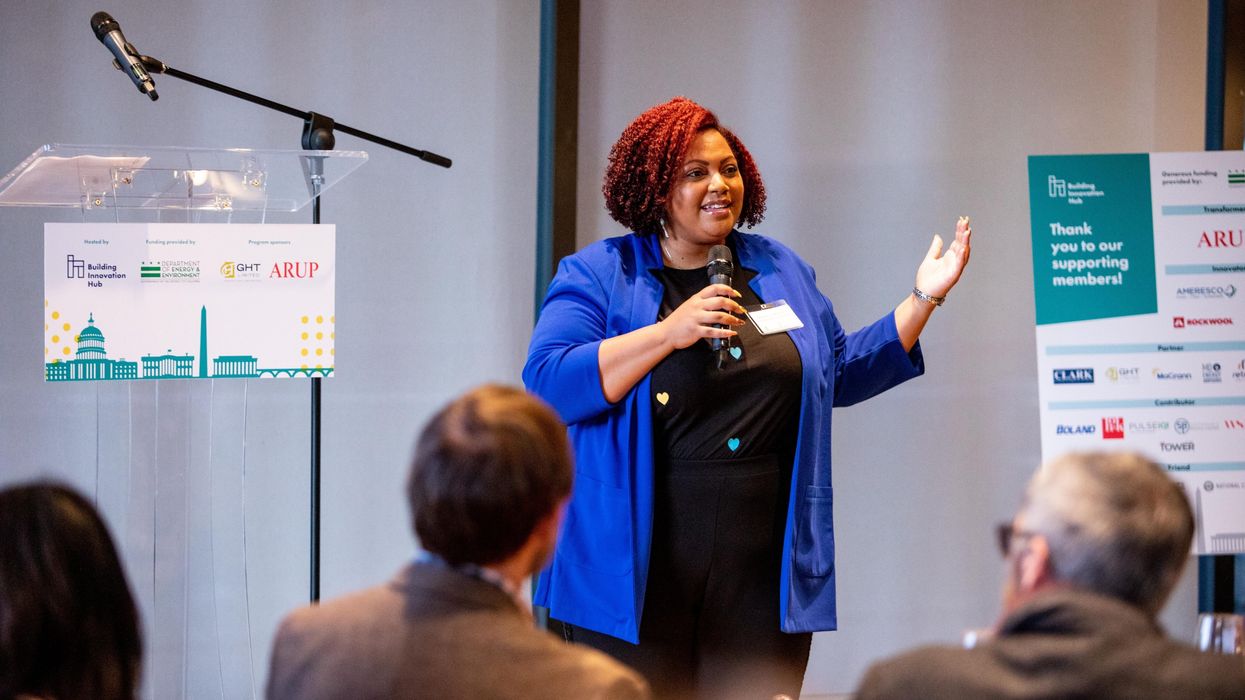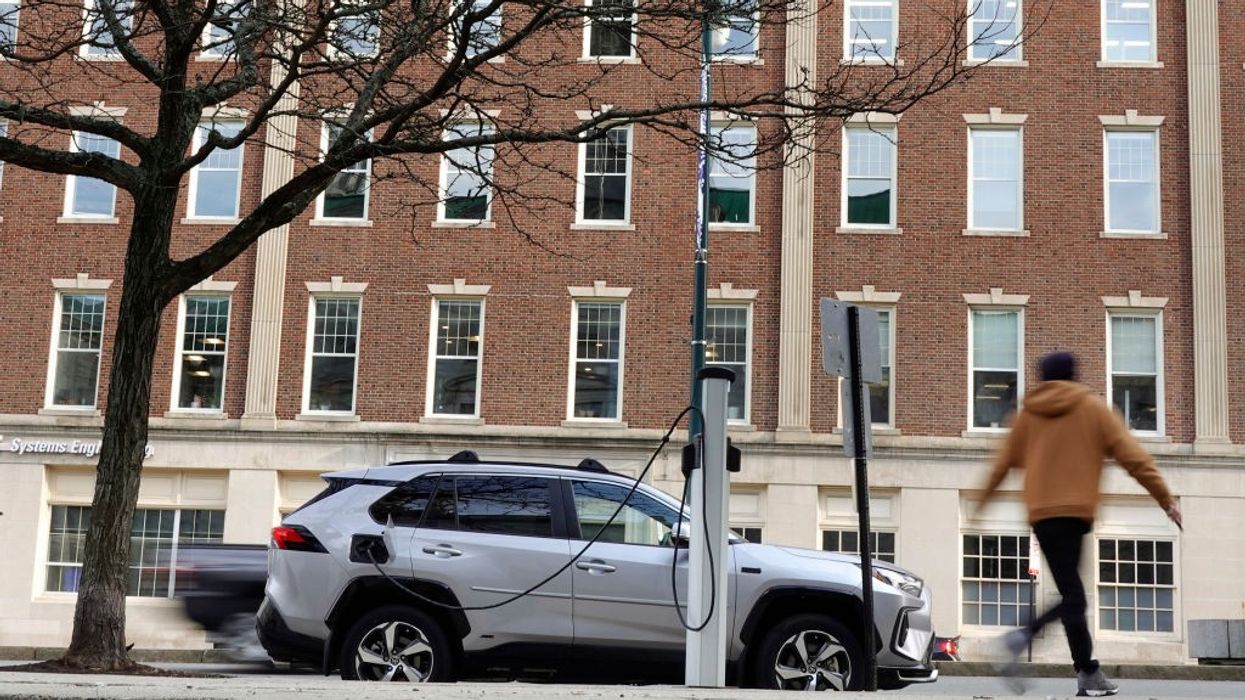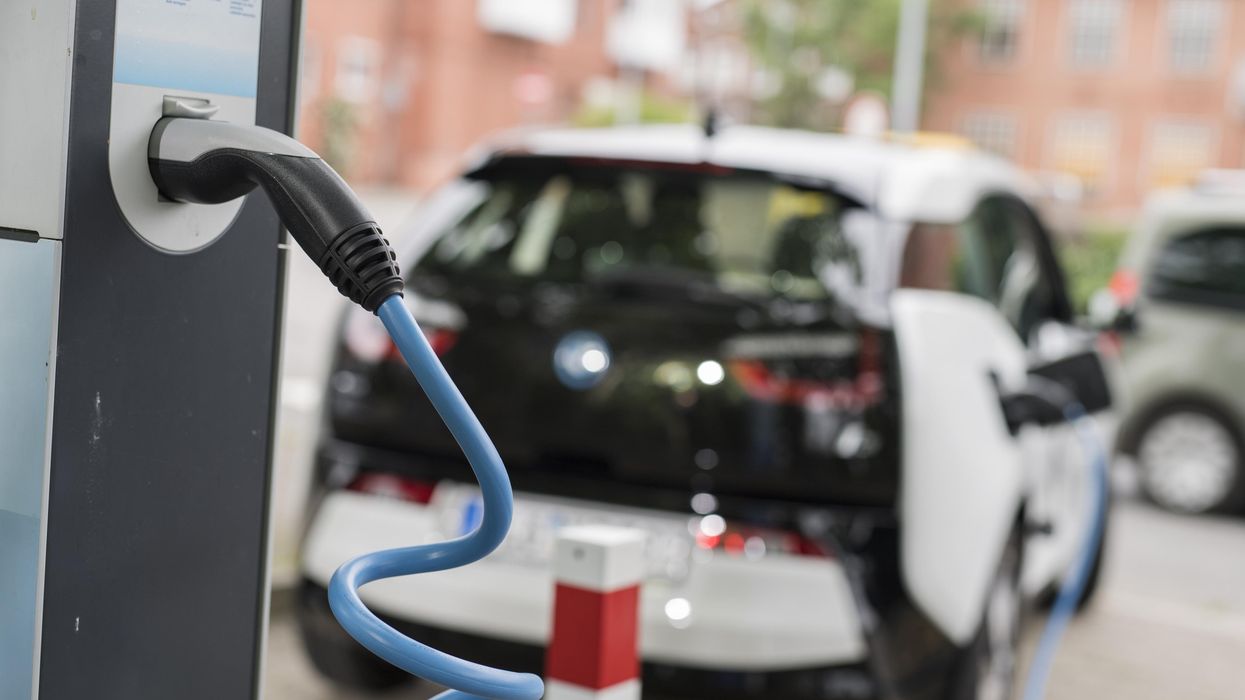Climate Justice Is Under Siege; Help Us Defend It
Why we can’t afford to lose the progress frontline communities have built.
The climate justice infrastructure dedicated to serving vulnerable communities across the United States took decades to build. And it is now at risk.
After nearly 20 years working in frontline communities on environmental justice and community development, I joined Emerald Cities Collaborative as president and CEO in April 2022. Hope around renewed commitments to climate justice, community resilience, and economic opportunities was palpable, as the Infrastructure Investment and Jobs Act and Inflation Reduction Act had just been signed into law shortly after my start. With an influx of federal investments and mandates for racial equity, the promise of that moment energized the climate justice and environmental justice movements.
Today, a coordinated attack on the environmental nonprofit sector and diversity, equity, and inclusion threatens to dismantle the physical and social support networks that serve frontline communities. It is imperative that we understand what’s at stake, who benefits from the current infrastructure, and what the consequences of inaction could be.
Climate justice infrastructure provides the framework for implementing equitable climate investments for all that advance racial justice, economic justice, and environmental justice. This infrastructure includes the physical investments—such as green buildings, solar panels, green infrastructure—and the social supports necessary to ensure their equitable implementation. From community organizing to capacity building for grassroots nonprofits and workforce development programs, environmental nonprofits serve as the backbone of this social infrastructure. These efforts address both climate change and the systemic inequality that leads to disproportionate impacts on vulnerable communities.
We must stand up for nonprofits and the future that they help build—a climate future that is not only green but just.
Significant public and private investments in greener, more resilient energy, water, food, and housing infrastructure—driven by the urgency of climate change—created an unprecedented opportunity to address the environmental, income, wealth, and health disparities within low-income communities and communities of color. Realizing the full potential of these rapidly accelerating investments required a coordinated strategy that integrated local coalition building, policy, project, workforce, and small business development support. This is where the environmental nonprofits stepped in. Environmental nonprofits provided their expertise, on-the-ground leadership, capacity building, and connective tissue to support community-led climate projects, advocacy, and policy.
The breadth of organizations building this critical climate justice infrastructure is remarkable—from national nonprofits and statewide advocacy groups to grassroots organizations and volunteer community groups. We are grateful for their commitment! At Emerald Cities Collaborative (ECC), our history, experience, and dedication to climate justice, along with our support for coalitions and partnerships, equity-centered clean energy policies, and economic inclusion efforts, uniquely positioned us to serve as an intermediary within the broader ecosystem. ECC deployed a coordinated strategy of local coalition building, policy education, project implementation, workforce initiatives, and contractor development to connect disadvantaged communities nationally and in our primary regions (Northwest, Northern California, Southern California, DC-Maryland-Virginia, and Northeast) to the growing clean energy economy. We connected federal and state funding to grassroots implementation and translated new federal initiatives into community-accessible dialogue. The overarching goal was to ensure that the climate and economic benefits of the emerging clean economy were reachable to low-income communities and communities of color.
As a result of the efforts of national nonprofits, community-based organizations, and institutions, many organizations and communities historically left out were able to access federal funding for community climate investments, many for the first time. Communities that have borne the brunt of environmental injustice have benefited from stronger leadership, enhanced organizational capacity, and new tools for community education and organizing.
These gains are all at risk due to the growing attack on environmental nonprofits, the rollback of climate policies, and the disintegration of environmental justice funding. Legal and reputational attacks, such as naming Emerald Cities Collaborative in the House Energy and Commerce Committee’s Exploring the Green Group Giveaway Behind the Biden-Harris Environmental Justice Programs report, demonstrate how politically motivated attacks are being used to sway public opinion. This, coupled with the outright illegal termination of environmental justice grants, has had a chilling effect on our work.
However, the impacts are not evenly distributed. Grassroots organizations and BIPOC-led nonprofits are disproportionately vulnerable to these attacks compared with large national organizations with greater resources and political capital. Fear and misinformation have caused some philanthropic funders to pull back. Organizations are being forced to divert resources from mission-critical work to legal defense and crisis communications. And this does not include the mental and emotional toll that environmental justice and climate justice leaders are experiencing.
The stakes are high. Without the valuable work of these organizations, climate solutions may revert to top-down, extractive models that center profit over community. The loss of high-road jobs, apprenticeships, and clean energy workforce programs, along with increased vulnerability to extreme climate events, will unduly affect frontline communities already facing the greatest risk. At the same time, the voices of Black, Indigenous, and immigrant-led movements are in danger of being systematically excluded from the climate conversation.
For us to meet our national climate goals and the just transition agenda, we need strong local, community-driven infrastructure. How can we ensure that the momentum for equitable climate investments in frontline communities is not entirely lost? Will we use this moment to accelerate climate justice—or allow fear and misinformation to dismantle it?
Now is the time for philanthropy, government, and the public to stand in solidarity with national and frontline organizations. Philanthropy must fund general operating support and legal protections for national BIPOC-led and frontline nonprofits. We must resist and roll back state-level attacks on nonprofit speech and operations, as well as the easing of climate policies. And we must educate audiences, donors, and lawmakers about the irreplaceable role of climate justice organizations.
The attack on climate justice infrastructure is about PEOPLE, PROGRESS, and PRINCIPLES! We must stand up for nonprofits and the future that they help build—a climate future that is not only green but just. We must stand up for communities that are resilient and thriving, not just surviving. The alternative is not an option.


